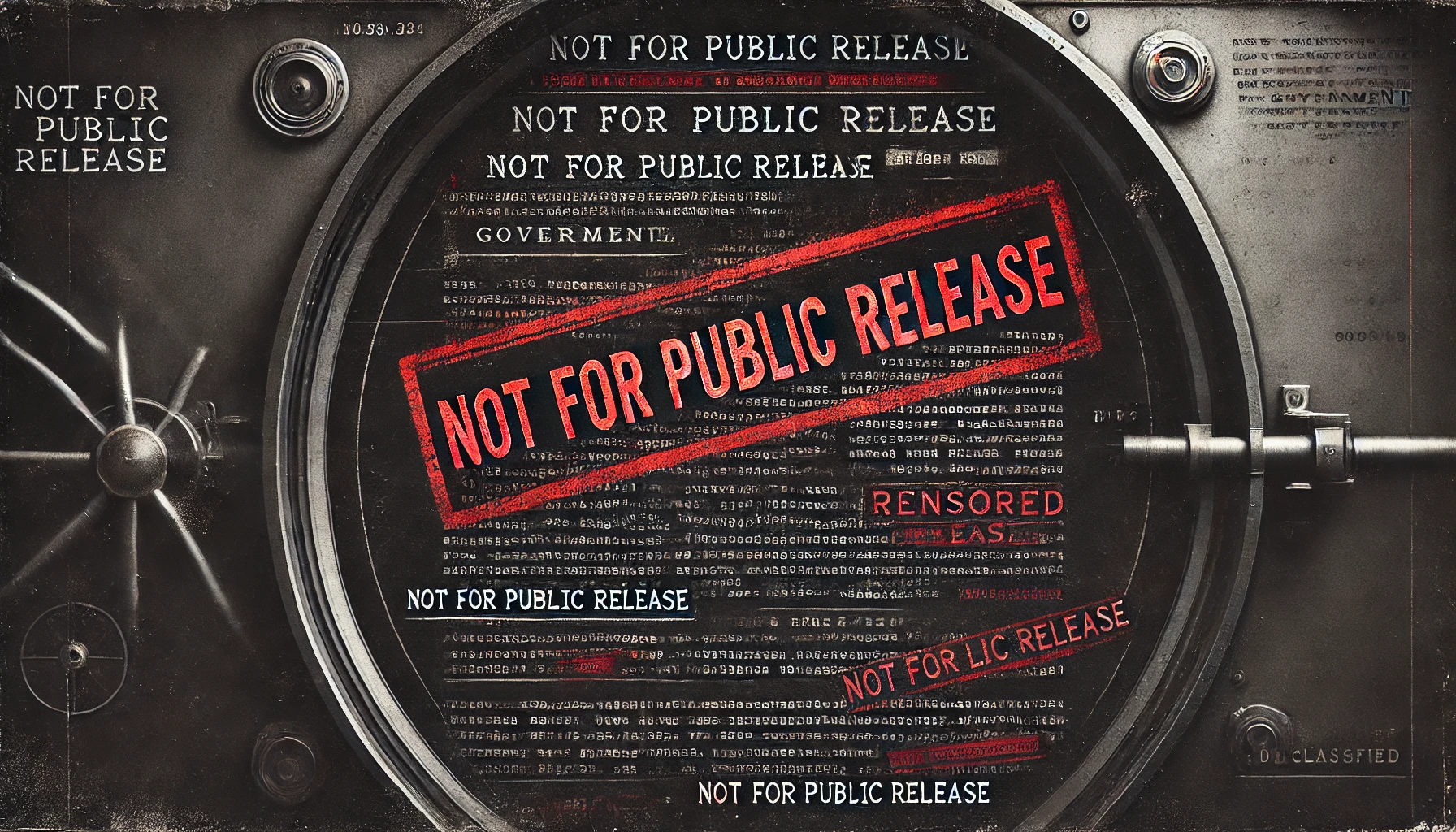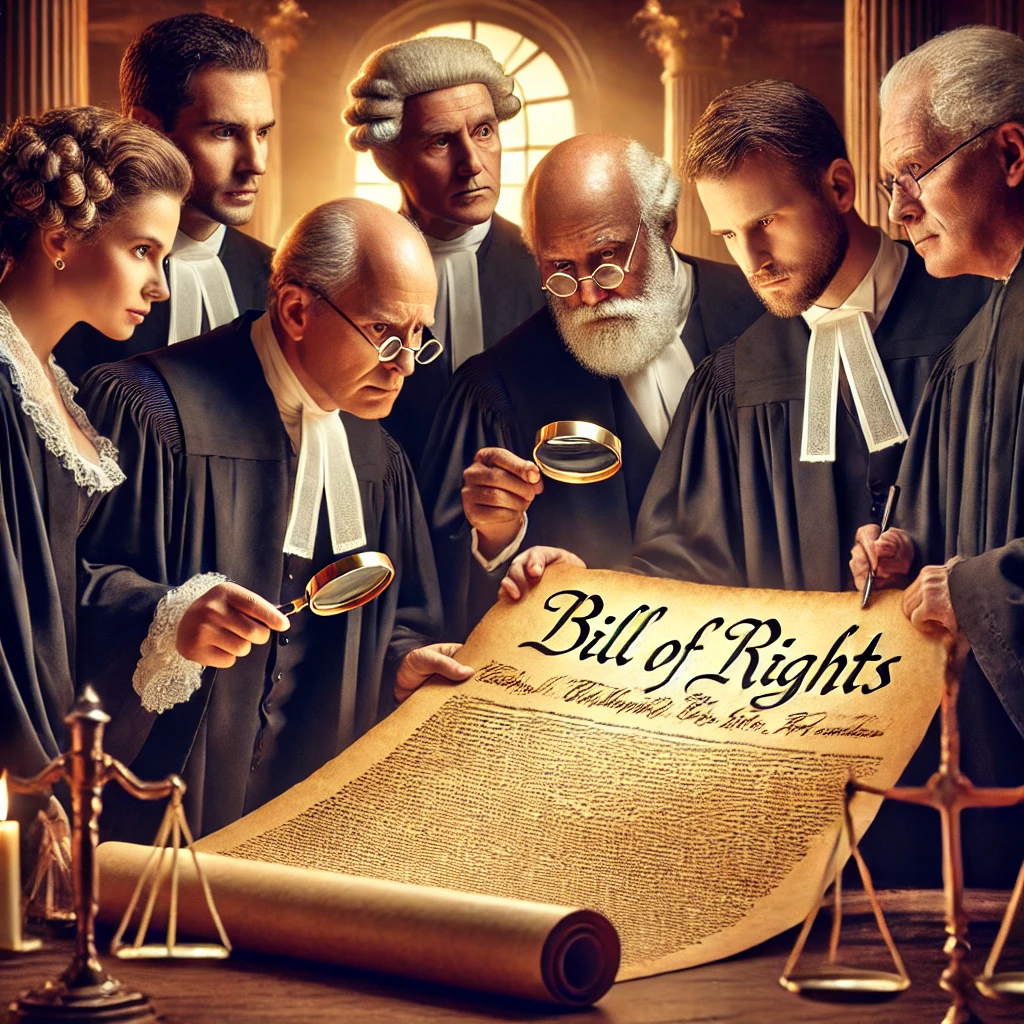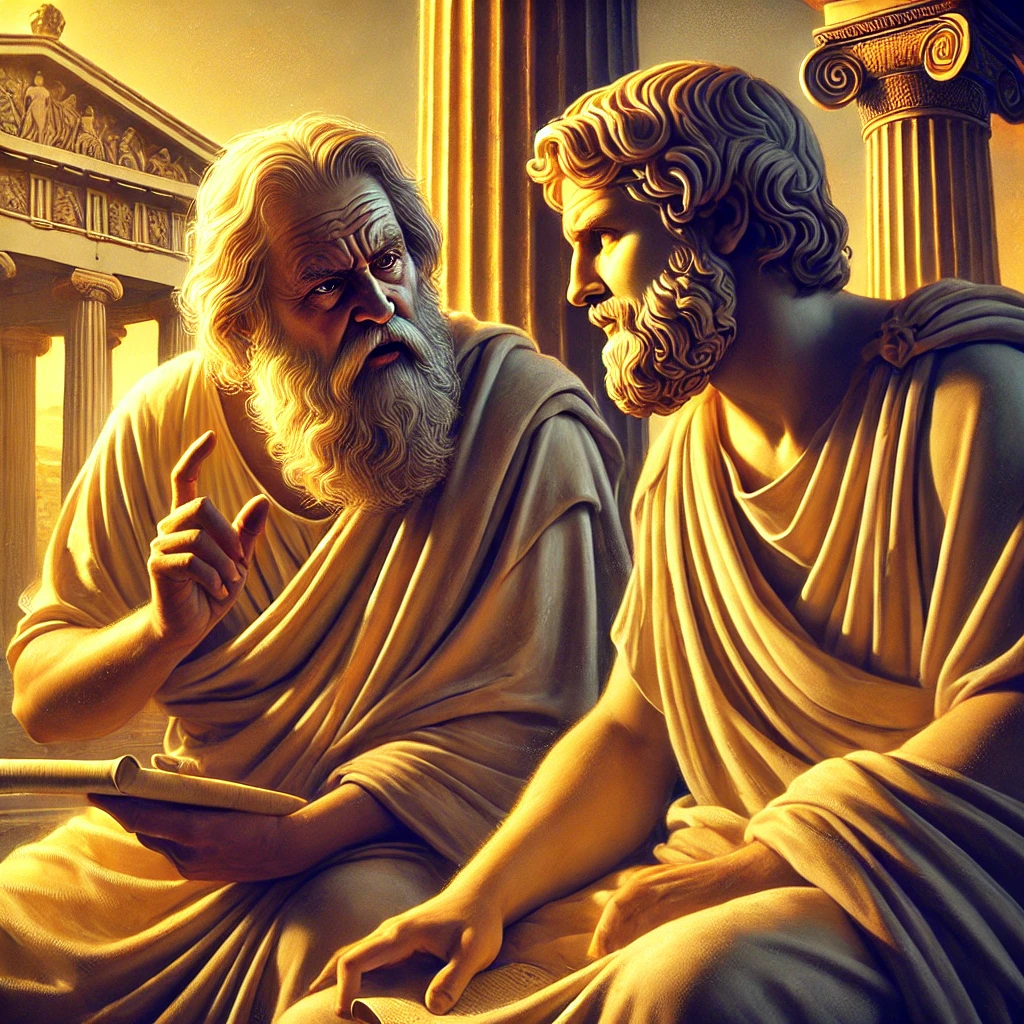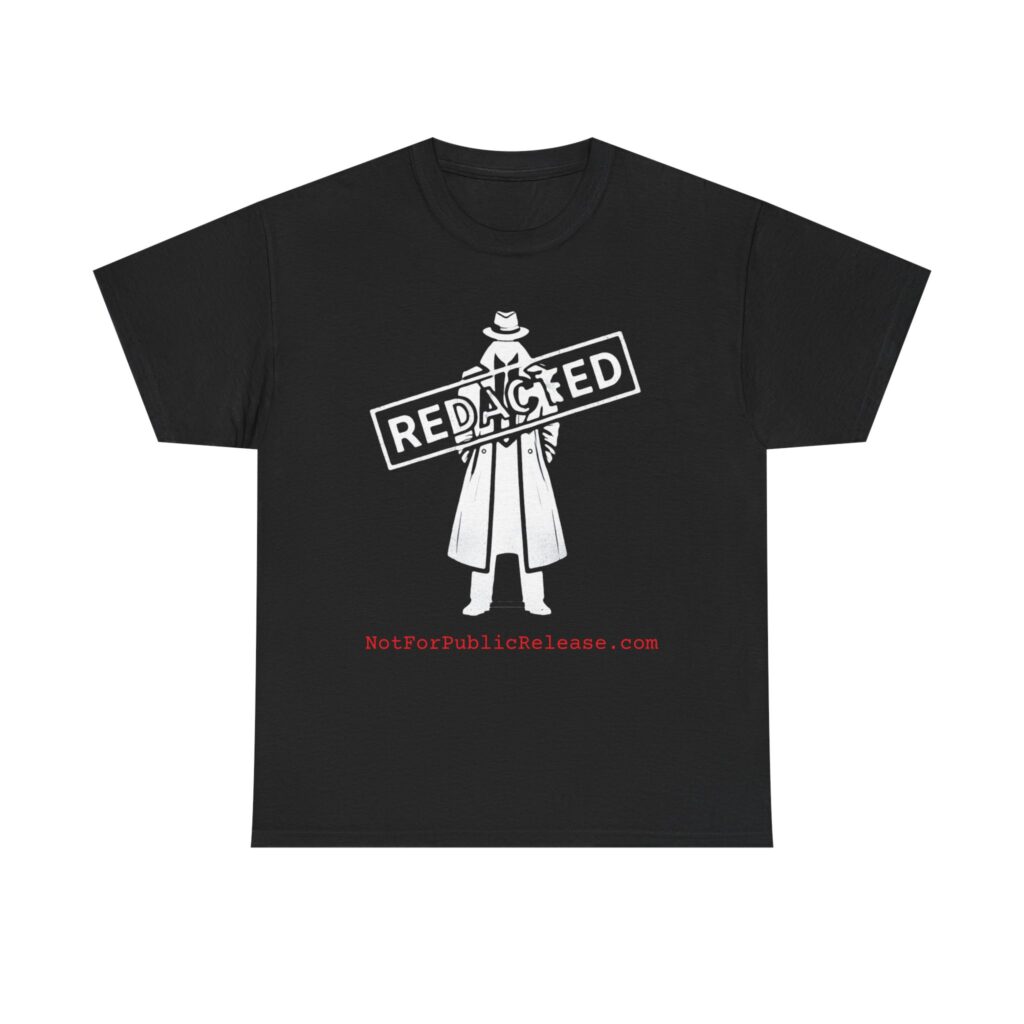The First Amendment
“Congress shall make no law respecting an establishment of religion, or prohibiting the free exercise thereof; or abridging the freedom of speech, or of the press; or the right of the people peaceably to assemble, and to petition the Government for a redress of grievances.”
Understanding Free Speech in America
Free speech stands as a fundamental pillar of American democracy, enshrined in the First Amendment of the U.S. Constitution. This cherished right empowers citizens to express opinions, protest injustices, and engage in open discourse without fear of government reprisal. However, like all rights, free speech is not absolute; certain limitations exist to balance individual freedoms with societal order.
Free Speech vs. Consequence-Free Speech
One of the most common misconceptions about free speech is that it guarantees the right to say anything without consequence. The First Amendment protects individuals from government-imposed penalties for speech, but it does not shield them from social, economic, or professional repercussions.
For example:
• A private employer can fire an employee for speech that violates company policies.
• A social media platform can ban users for speech that violates its terms of service.
• Public backlash or boycotts can arise in response to controversial statements.
This distinction is crucial in modern debates surrounding free speech. While the government cannot jail someone for expressing an unpopular opinion, other individuals, businesses, and organizations have the right to respond, disassociate, or impose consequences within their own legal rights.
Recognized Limitations on Free Speech
While the right to free speech is extensive, the U.S. Supreme Court has identified specific categories where restrictions are permissible:
• Incitement to Violence (Brandenburg v. Ohio, 1969): Speech that is intended and likely to incite imminent lawless action is not protected.
• Obscenity (Miller v. California, 1973): Material that meets the legal criteria for obscenity, lacking serious literary, artistic, political, or scientific value, is not protected.
• Defamation (New York Times Co. v. Sullivan, 1964): False statements that harm another’s reputation can lead to civil liability.
• Fighting Words (Chaplinsky v. New Hampshire, 1942): Speech that is likely to provoke immediate violence or an immediate breach of peace is not protected.
• True Threats (Virginia v. Black, 2003): Statements where the speaker means to communicate a serious expression of intent to commit an act of unlawful violence are not protected.

The Legality of Boycotts as a Form of Free Speech
A boycott involves the collective refusal to engage in economic or social relations with a particular entity to express protest or compel change. In the United States, boycotts have historically been recognized as a legitimate form of political expression. The landmark Supreme Court case NAACP v. Claiborne Hardware Co. (1982) affirmed that nonviolent boycotts intended to effect political, social, or economic change are protected under the First Amendment.
Recent Controversy: Boycotting Tesla and Presidential Remarks
Recently, President Donald Trump labeled the boycott against Tesla as “illegal,” following protests and a significant decline in the company’s stock value. He criticized the boycotts as attacks by the “radical left” and expressed support for Tesla’s CEO, Elon Musk, by announcing plans to purchase a Tesla vehicle.
Despite the President’s assertion, the Supreme Court’s precedent in NAACP v. Claiborne Hardware Co. suggests that nonviolent boycotts are a protected form of free speech. Therefore, labeling such boycotts as “illegal” contradicts established constitutional protections.
Boycotts Targeting Israel and Anti-BDS Legislation
The Boycott, Divestment, Sanctions (BDS) movement, which advocates for various forms of boycott against Israel, has prompted legislative responses in the United States. Several states have enacted anti-BDS laws that, for instance, prohibit state contracts with entities supporting boycotts of Israel. Critics argue that these laws infringe upon free speech rights by penalizing political expression. Legal challenges are ongoing, with debates centering on whether such laws violate the First Amendment.
Money as Speech: Contributions and Limitations
The notion that financial contributions constitute a form of speech was solidified in the Supreme Court’s decision in Buckley v. Valeo (1976), which held that spending money to influence elections is a protected form of free speech. However, this protection is not absolute. For example, providing financial support to terrorist organizations is prohibited under laws that criminalize material support to terrorism, reflecting a boundary where national security interests override free speech claims.
Conclusion
Free speech remains a foundational element of American democracy, enabling citizens to express dissent, advocate for change, and participate fully in civic life. While certain limitations exist to protect public safety and order, the right to engage in peaceful protest, including boycotts, is a protected form of expression. Ongoing debates, such as those surrounding anti-BDS legislation and the definition of material support, continue to shape the contours of free speech in the United States.
The Sniff Test
In evaluating claims about the legality of boycotts and free speech limitations, it’s essential to consult authoritative sources and legal precedents. The Supreme Court’s ruling in NAACP v. Claiborne Hardware Co. serves as a critical reference point affirming the protection of nonviolent political boycotts under the First Amendment. Additionally, ongoing legal challenges to anti-BDS laws highlight the dynamic nature of free speech jurisprudence.







